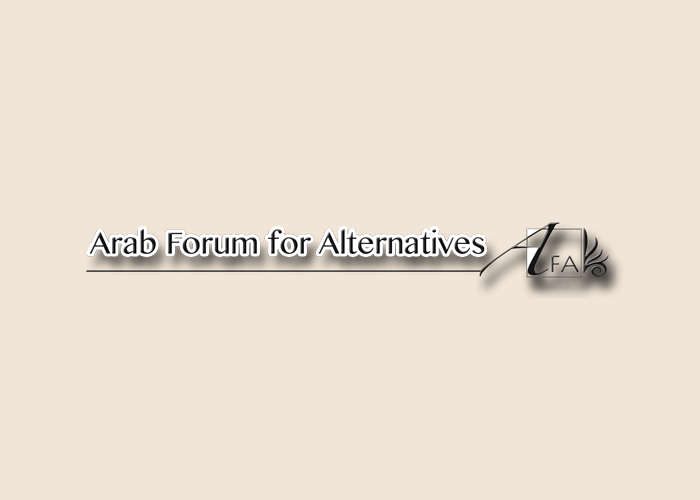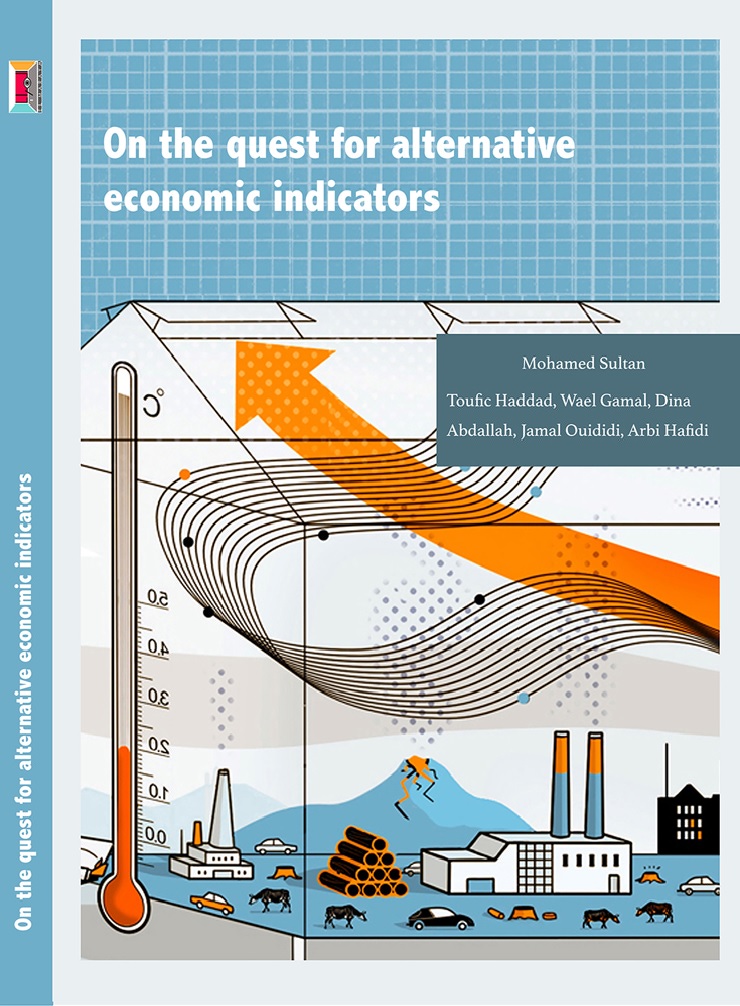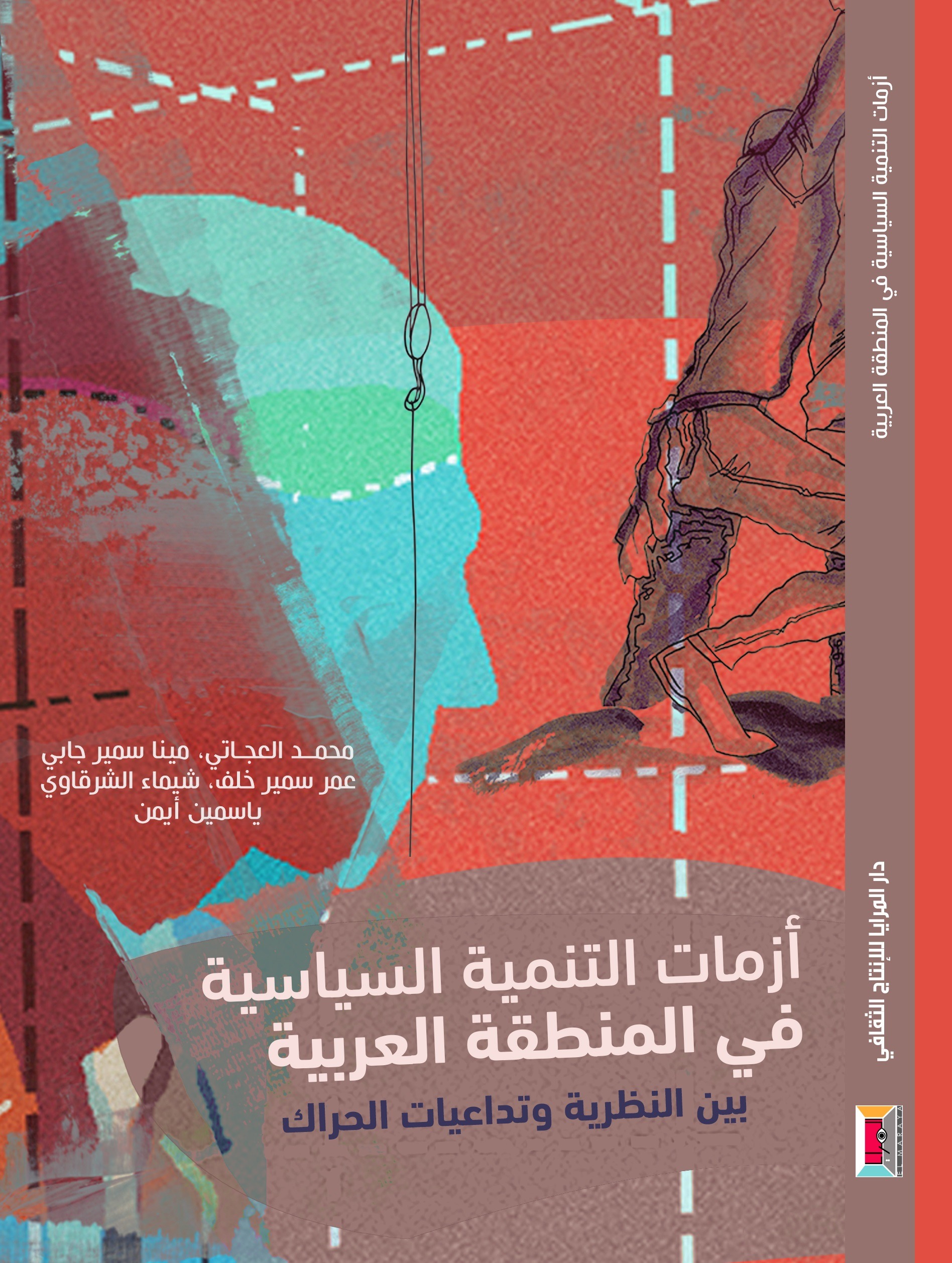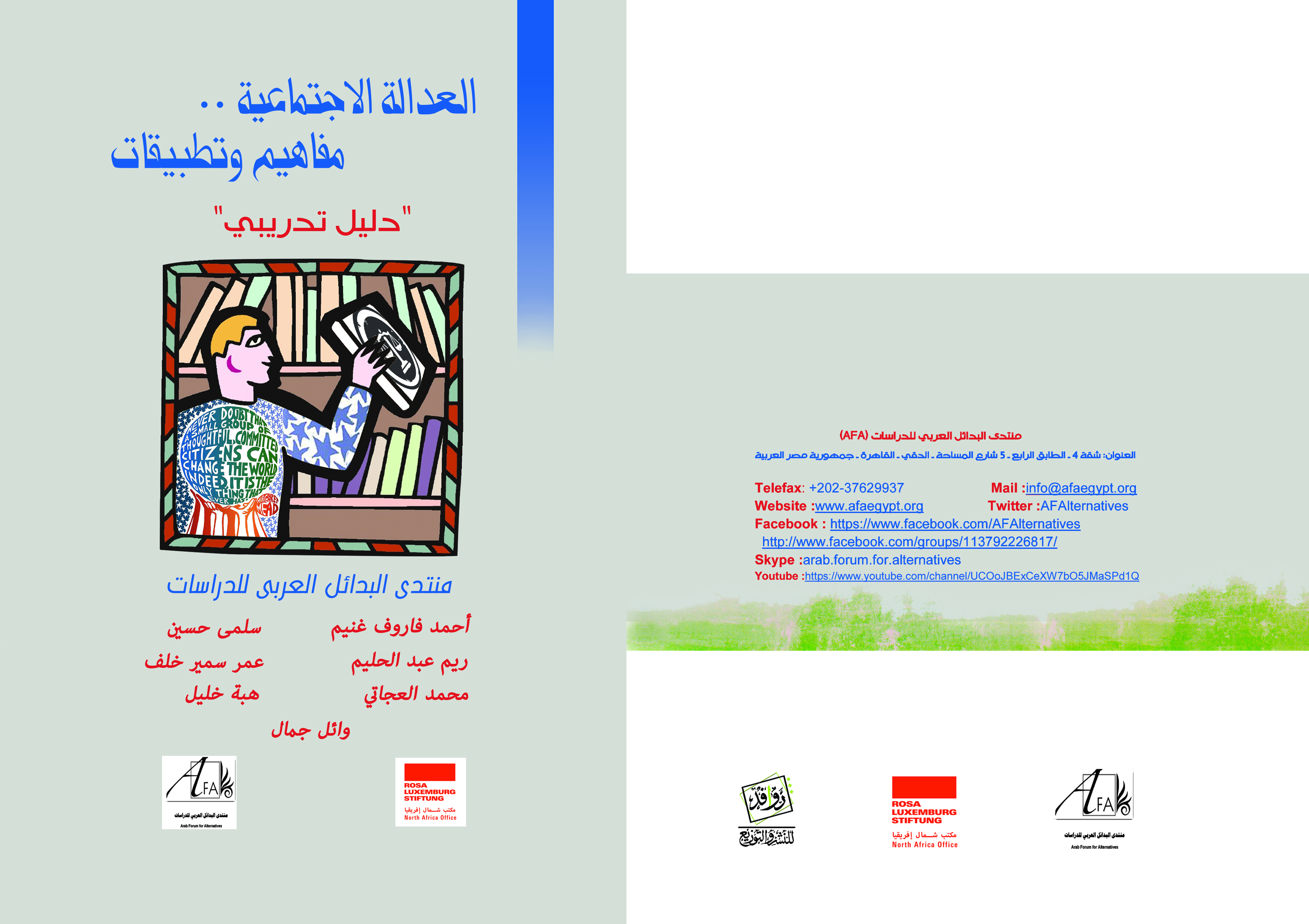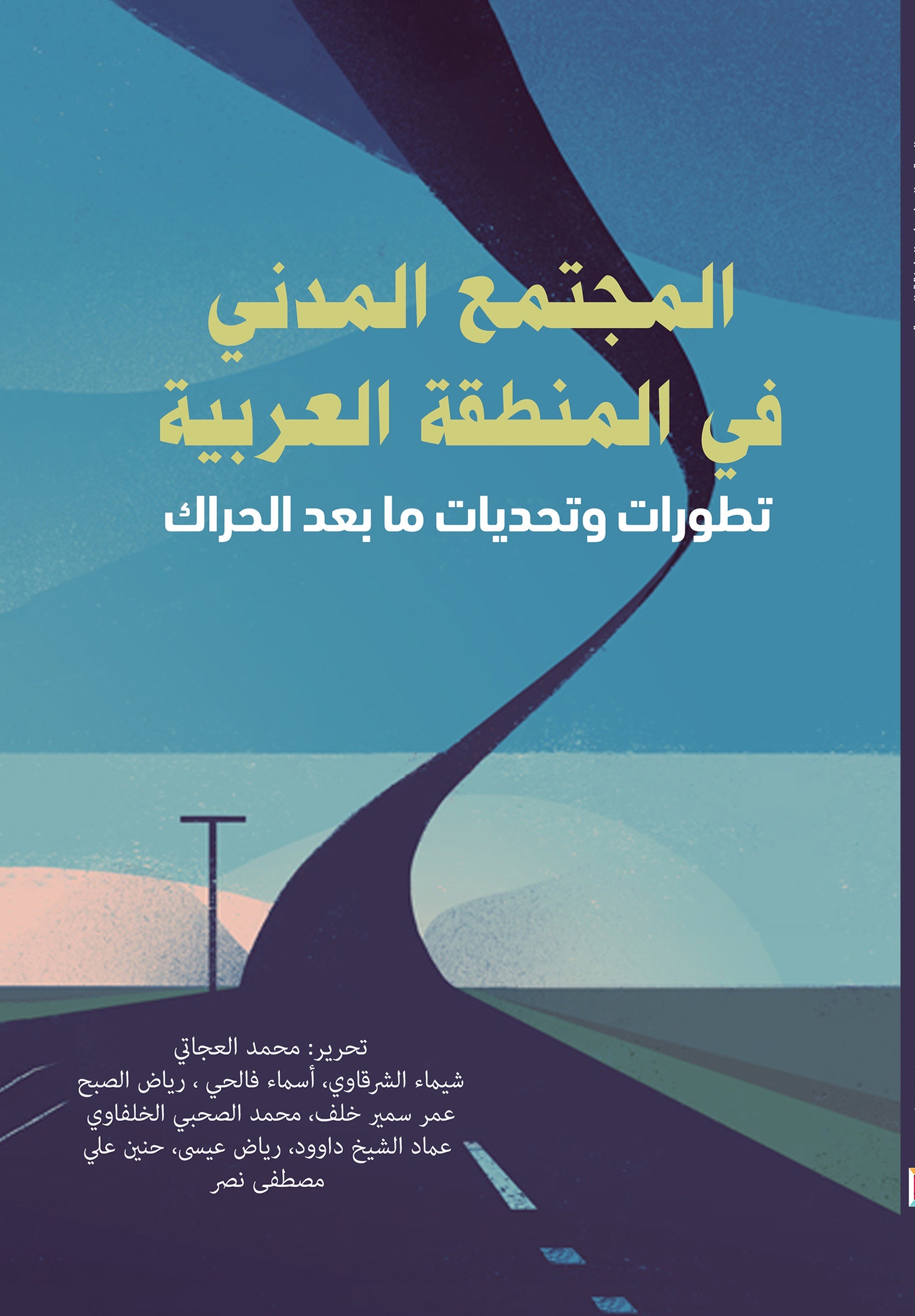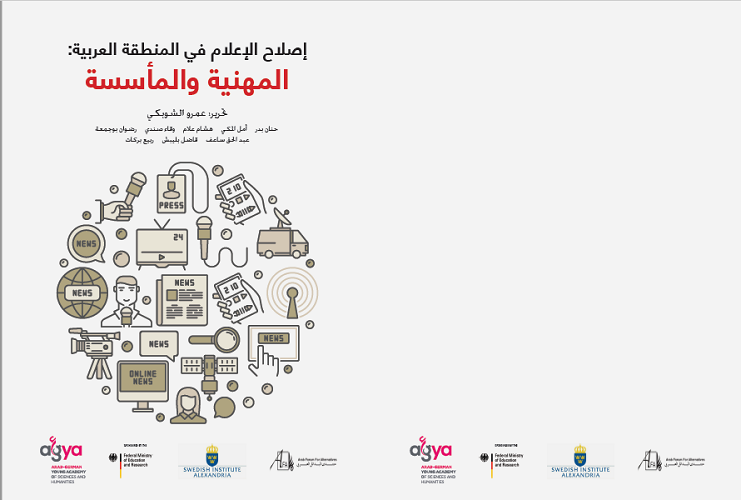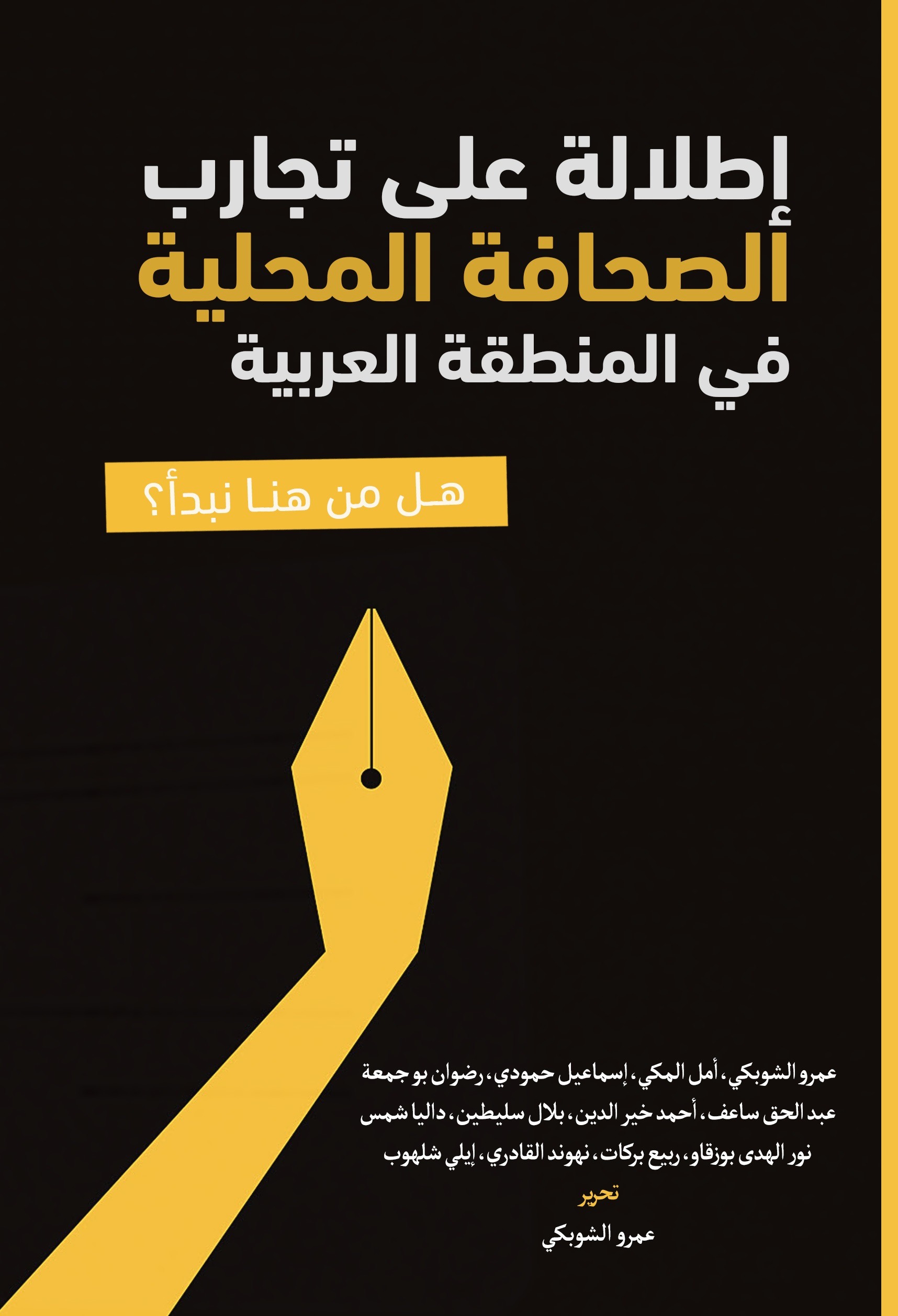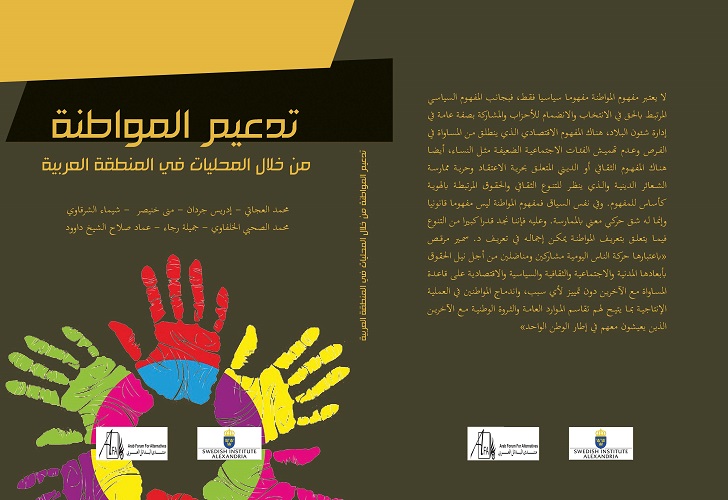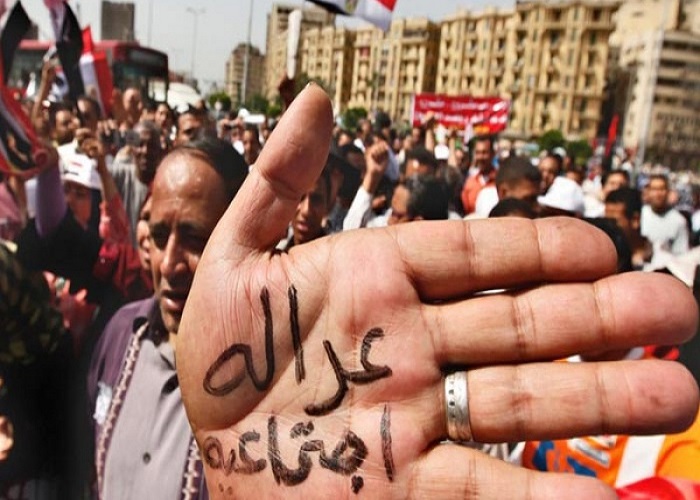Alternative Indicators and the Question of Managing the Politics of Inclusion and Exclusion
Toufic HaddadEgypt ,Jordan ,Lebanon ,Morocco ,TunisiaThe question of developing a set of alternative economic indicators is both intriguing and complex, as there is no simple way to approach it. What is an indicator after all? In addition, what makes an ‘alternative indicator’ alternative?

